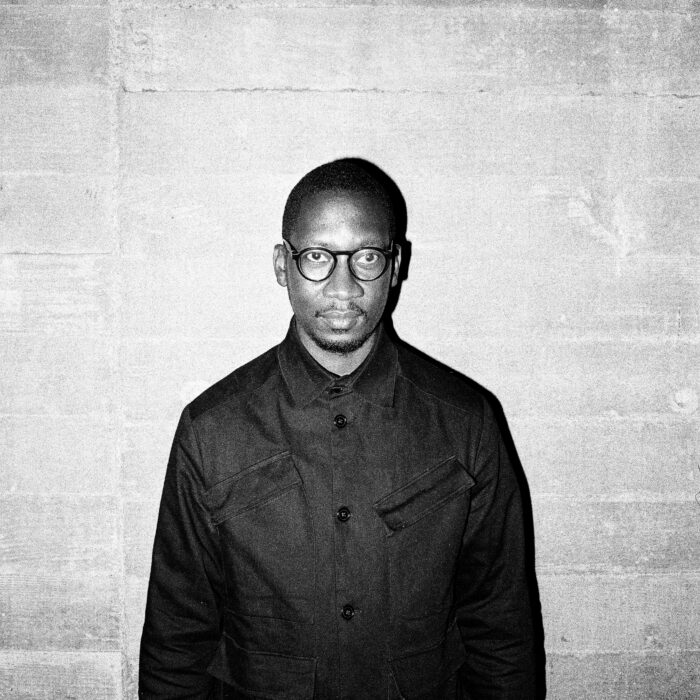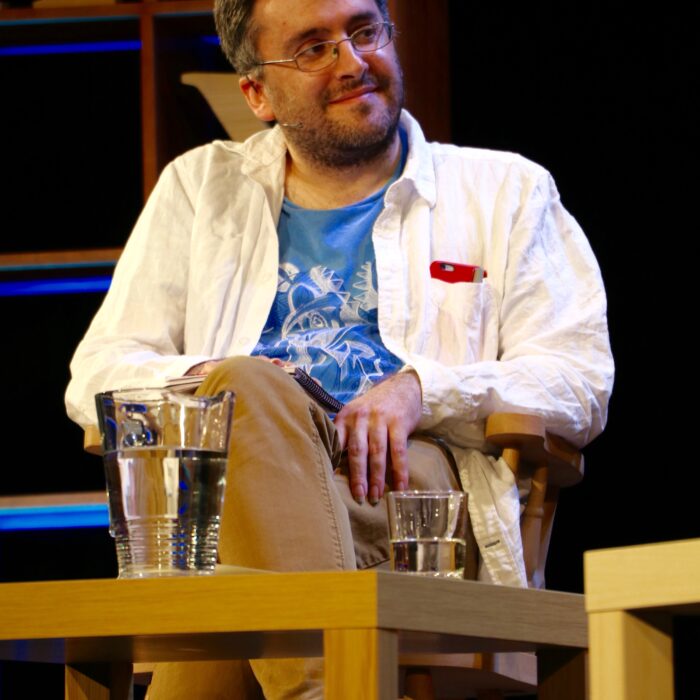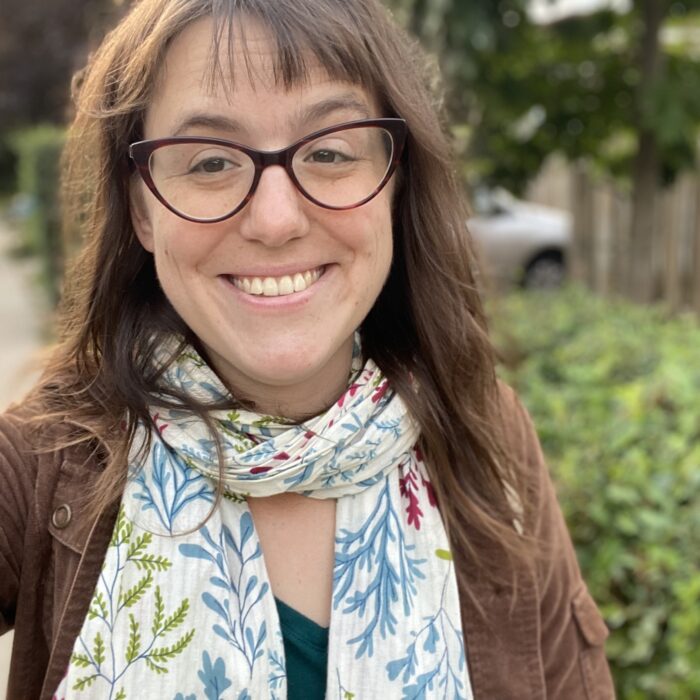You have no items in your cart. Want to get some nice things?
Go shoppingNathan Filer lives in Bristol, where he works as a mental health nurse. His debut novel, The Shock of the Fall, was published in May 2013. We caught up with him for a quick chat before he headed down to Suffolk to perform at Latitude, Friday afternoon in the Literary Arena…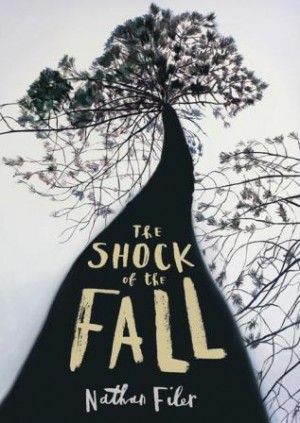
Let’s start with Latitude. Are you excited? What’s in the backpack?
Not excited enough to have packed my backpack, evidently. I should do that. But yes – I’m certainly looking forward to it.
Is this your first time at the festival?
Nope. I’m a veteran. Some of my favourite poetry gigs have been at Latitude. The Poetry Arena has a very special place in my heart and I’d imagine it’s where I’ll be mostly hanging out this year too. All credit to the curator, Luke Wright, for making it such a success. I last performed there in 2009 though – so it’s been a little while.
What sort of thing will you be performing?
This year it’s about my novel. Well,mine and Matt Haig’s. We’re being interviewed together by Suzi Feay in the Literary Arena. Before stand-up poetry gigs I get terribly nervous, but I’m a lot more relaxed about this. I imagine it’ll just be a nice chit chat. Less rhymey.
Your novel, The Shock of the Fall, as you know, really touched me. I thought it was a beautiful and tender look at mental health. Can you tell me a little about how the idea came to you?
You’re very kind and your review was marvellous. It means the world to me when people connect with this story. It’s the work I’m most proud of, and was the hardest to write.
Now to your question: It’s interesting to me, this notion of the idea behind a novel. I find myself looking for one now, of course – the idea for my next novel, I mean. But when I think about The Shock of the Fall – about how much it changed through the telling, through the countless revisions, to something quite unrecognisable from my starting point – there clearly never was the idea. It was a work of countless little ideas, many of which were contradictory and each vying for space on the page. I lack the perspicacity to have the idea for a whole novel. I’ll settle for an arresting sentence, and then hope for another. All that said clearly there was still a beginning to this process. And that occurred shortly after I’d started working in mental health, training as a nurse. So for a less lofty answer: I guess it probably had a bit to do with it.
I thought the intimacy of the novel was really generated from the point of view. Was it always planned out to be first person?
It was, yes. For all those many drafts and changes, Matthew Homes (the narrator) was a constant. It was always to be his story and told from his perspective.
Who are your favourite novelists? It seems like you’re attracted to a mixture of great plotting and the more playful, meta-fictional writers…
Really? I don’t know so much about meta-fictional writers. I really like Luke Kennard, who I maybe could argue is a meta-fictional poet. I’m not sure how strong that argument would be though, so let’s not have it here.
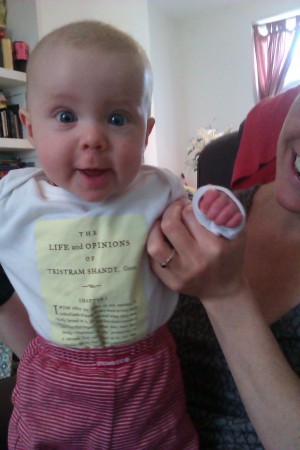
A good while back I read If on a winter’s night a traveler by Italo Calvino and that’s definitely meta-fictional. Oh, and my daughter has a baby-grow with the first page of Tristam Shandy on it (picture attached as proof).
But I think this may be an example of how it is possible to belong to a lineage without being a scholar of it. I do know that The Shock of the Fall has a whole load of meta stuff going on. “I am writing myself into my own story,” explains Matthew. “…and I am telling it from within.” The earlier drafts were actually far more experimental in this respect, with considerably more breaking down of the fourth wall. But I killed a lot this in favour of a more immersive read. As for my own favourite novelists, there are many and the list keeps growing. I’m a new convert to Cormac McCarthy. I love John Steinbeck and William Maxwell. I love Iain McEwan and Tibor Fischer and AM Homes (who Matthew Homes is named after). But I wouldn’t purport to know what, if anything, these authors share in common. They’re all bloody good though, no?
Have you ever used a typewriter?
I borrowed a typewriter to try writing the typewritten sections of my novel on, but managed about a paragraph before just downloading a decent font (Typenoksidi, as it happens). To quote Matthew again, “I live a cut & paste kind of life.”
Do you ever plan on returning to mental health as a topic in the future?
I’m yet to read a novel that isn’t about mental health. So yes – I guess it’s inevitable.
Nathan was talking to David Whelan, who reviewed Nathan’s novel for Litro here. Nathan is in conversation with Matt Haig and Suzi Feay at Latitude on Friday 19th in the Literary Arena at 13:15.
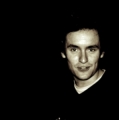
About David Whelan
David Whelan is a fiction writer and journalist based in London, England. He was formally Litro's Reviews Editor and Fleeting Magazine's Interviews Editor. Currently, he writes for Vice's food vertical, Munchies. He is one of Untitled Books's "New Voices" and his fiction has also appeared in 3:AM Magazine, Shortfire Press and Gutter Magazine, among others. He holds an MA in Creative Writing from UEA.

